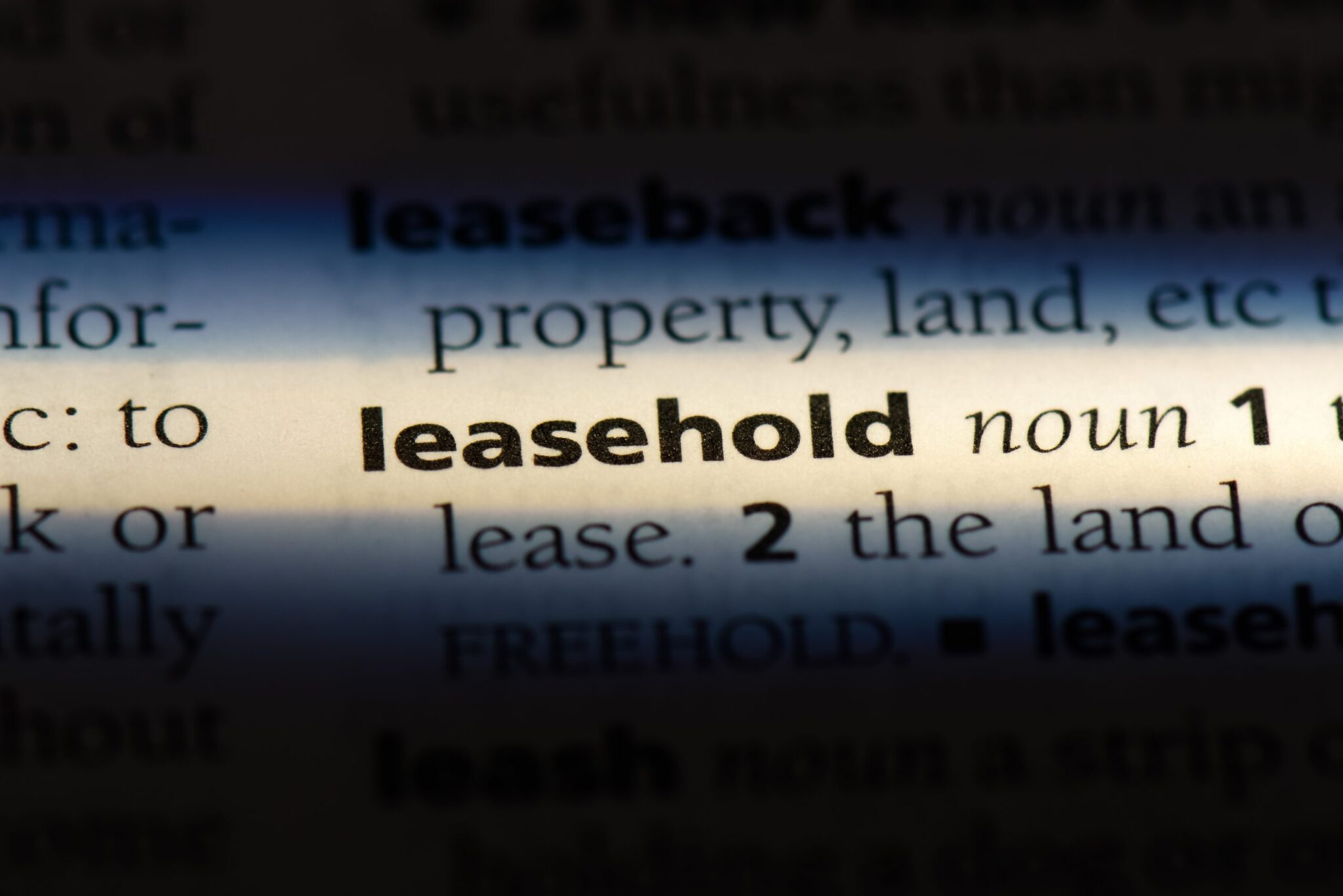
According to the latest Halifax report, average house prices in January rose 1.3% month on month, which is the fourth monthly rise in a row. The monthly increase is equal to a £3,900 rise in the average house price since last month.
From a regional perspective, Northern Ireland recorded the strongest growth across all nations or regions in the UK, at a 5.3% annual increase. The average house price is now £195,760, which is £9,761 higher than in January last year.
Scotland and Wales both reported positive annual growth of 4%, bringing their average house prices to £206,087 and £219,609 respectively.
The North West’s annual house price growth was 3.2%, Yorkshire and the Humber came to 2.8%, the North East was pegged at 2.8% and the East Midlands reported 0.5% annual growth.
The South East’s annual house price fell 2.3% to an average of £379,220 – a fall of £8,866.

Wellness and wellbeing holidays: Travel insurance is essential for your peace of mind
Out of the pandemic lockdowns, there’s a greater emphasis on wellbeing and wellness, with
Sponsored by Post Office
London remains the most expensive region, with average house prices coming to £529,528, but prices have fallen by 0.4% YOY.
House price rise ‘positive sign’ for market but ‘affordability challenges’ will stay
Kim Kinnaird, director of Halifax Mortgages, said that the “recent reduction of mortgage rates” from lenders due to increased competition and “fading inflationary pressures and a still-resilient labour market” had led to “increased confidence among buyers and sellers”.
“This has resulted in a positive start to 2024’s housing market. However, while housing activity has increased over recent months, interest rates remain elevated compared to the historic lows seen in recent years, and demand continues to exceed supply,” she said.
Kinnaird continued that, for those looking to buy a first home, the average deposit stood at £53,414, around 19% of the purchase price.
She noted that around two thirds of new buyers were looking to buy in joint names to better save for a deposit, a move she said was “not surprising”.
“Looking ahead, affordability challenges are likely to remain and further modest falls should not be ruled out, against a backdrop of broader uncertainty in the economic environment,” Kinnaird added.
‘Over-optimism will stop any recovery in its track’
Karen Noye, mortgage expert at Quilter, said that the rise in house prices was a “positive sign that the housing market is getting back on its feet”, with mortgage rate reductions due to heightened lender competitions and base rate cut expectations having “lured in more buyers in the new year, feeding into the cautiously optimistic outlook for the housing market this year”.
She continued: “The Bank of England (BoE) held interest rates once more at its latest Monetary Policy Committee (MPC) meeting, and it is unlikely to lower them for some time yet unless inflation starts to drop more rapidly.
“Though we are starting to see a gradual increase in confidence and buyers making a tentative return to the market, there are likely many more prospective buyers still stuck in ‘wait-and-see’ mode who are holding out in the hopes of securing cheaper deals once the Bank switches stance. Once the BoE does begin making rate cuts, we will likely see house prices buoyed further as there remains a serious lack of supply.”
Noye said that those looking to buy a property should seek professional mortgage advice to ensure that they were making the best possible decision for their circumstances in a “relatively unpredictable time”.
Mark Harris, chief executive of mortgage broker SPF Private Clients, agreed that the housing market had had a “strong start” as buyer and seller confidence was boosted by interest rate holds and the prospect of cuts on the horizon.
“However, there will still be bumps in the road ahead. While increased competitiveness has led to lower mortgage rates this year, some lenders have also been raising rates. Swap rates, which underpin the pricing of fixed rate mortgages, have been rising since the turn of the new year, resulting in some ‘best buy’ mortgage rates increasing.
“Borrowers who see a mortgage deal they like the look of would be wise to secure it before it disappears, for peace of mind. If, when they come to take the mortgage out, rates have fallen again, they should be able to move onto a cheaper deal,” he added.
Harris said that for those remortgaging, there would still be a rise in payments, but the “pain will not be as bad as it could have been”. He urged borrowers to seek advice and plan as far ahead as possible.
Jeremy Leaf, north London estate agent and a former Royal Institution of Chartered Surveyors (RICS) residential chair, said that buyer confidence was higher at the start of this year, with its offices seeing more valuations, listing and viewings.
“Lenders lowering mortgage repayments in anticipation of a falling base rate later in 2024 following the faster-than-expected drop in inflation has increased buyer confidence.
“However, lingering cost-of-living worries mean the market remains price-sensitive, so it is only the realistic sellers who are able to take advantage. Over-optimism will stop any recovery in its track,” he said.




